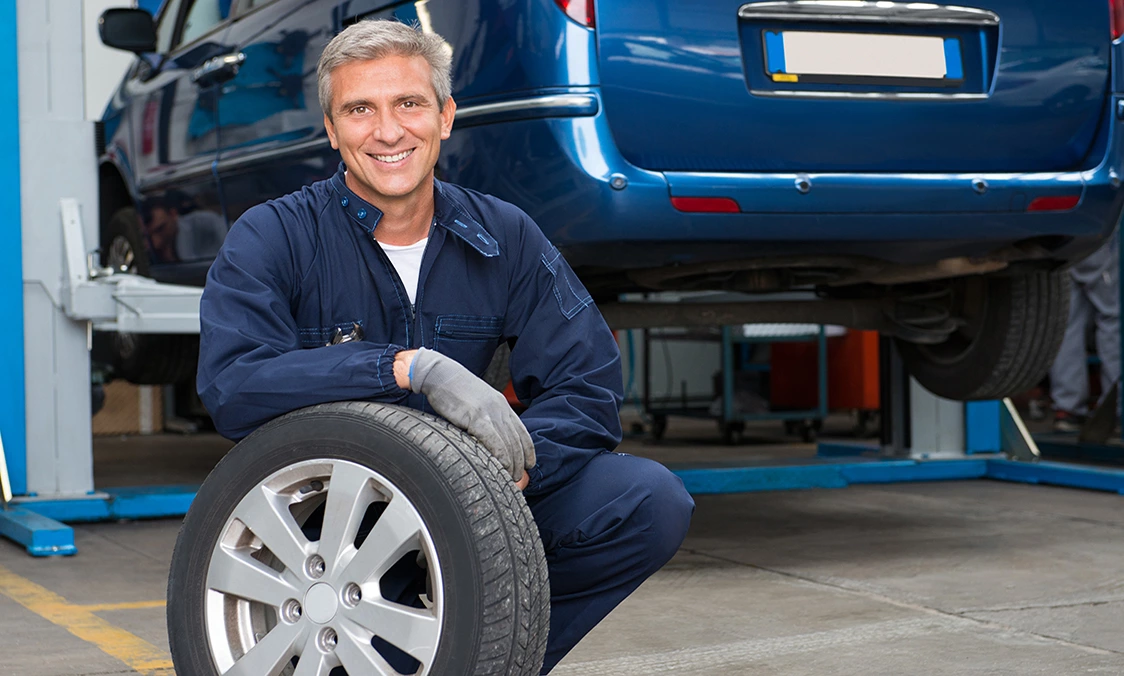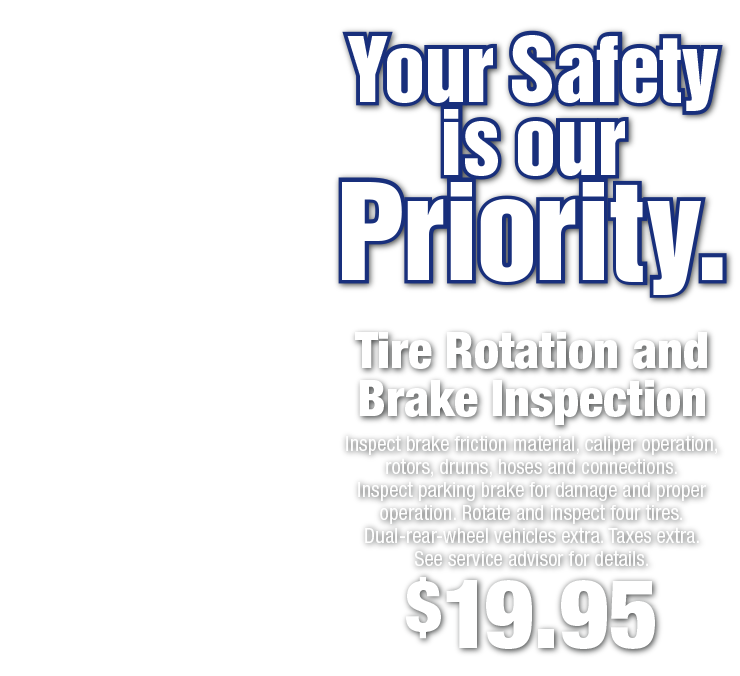Is Your Troy Driving Severe?
June 23, 2020
People near Troy, Michigan, often ask Auto Lab Troy how often they should have a particular service done. It's a great thing to ask. You can look at your owner's manual or have your Troy, Michigan, service advisor at Auto Lab Troy look up your vehicle in a service database. What you find is often a surprise to people – there are actually two service schedules.
One is the regular schedule and the other is the severe service schedule. Service intervals are shorter on the severe service schedule. When asked, most folks in Troy will say that their driving is normal and that the 'regular' schedule probably applies to them. 'Severe service' sounds pretty extreme – 'I don't drive like that.'
Well, here is what the manufacturers say constitutes severe driving conditions; you can draw your own conclusions.
- Most of your trips are less than four miles (six and a half kilometers).
- Most of your trips are less than ten miles (16 km) and outside temperatures are below freezing.
- The engine is at low speed most of the time – not on the highway. You operate your vehicle in dusty areas.
- You regularly tow a trailer or carry heavy loads.
- You drive with a car-top carrier.
- You do a lot of stop-and-go driving.
- You drive in very hot or very cold weather.
If that's severe driving, what constitutes regular driving? Well, it would look something like this: I live somewhere with moderate temperatures all year round – I'm thinking San Diego here. And I live close to a freeway on-ramp. Everywhere I need to go is right off the freeway, at least four miles (six and a half km) from my home. I can drive at a steady 60 miles per hour (100 kph) when I'm on the freeway.
I don't know about you, but that doesn't sound like my normal driving. It sounds more like ideal conditions. I live where it gets hot in the summer and cold in the winter. I run short errands around Troy. Occasionally we load up for family trips.
For me, normal driving includes elements of severe service driving. So here's what I tell people: think about how you drive, where you live, where you go and what you are expecting to with your vehicle in the near future.
Picture a line with 'regular' on one end and 'severe' on the other, and make a judgment on where you fall. If your regular oil change recommendation is 5,000 miles (8,000 km) and the severe service recommendation is 3,000 miles (5,000 km), when should you change your oil? For me, it's closer to 3,000 miles (5,000 km). For my wife, it's closer to 5,000 miles (8,000 km). Your Troy, Michigan, auto service advisor at Auto Lab Troy will be happy to have this discussion with you and help you sort it out.
Just a quick word on why severe service intervals are shorter. One has to do with heat. That can either be external heat from the weather, engine and transmission heat from stop-and-go driving or working extra hard moving heavy loads or towing. The heat causes the fluids like oil and transmission fluid to break down more quickly, and then they aren't as effective.
Another factor is water. Moisture naturally collects in fluids as they cool. In your motor oil, for example, if you don't drive long enough for the oil to fully heat up, the water won't evaporate. Water in the oil can lead to the buildup of damaging sludge.
If you live where the air is dusty or polluted, fluids will become contaminated and filters will get dirtier more quickly.
So make an honest evaluation of your driving conditions. You've made the commitment to take care of your vehicles, so it only makes sense to follow the right schedule.
Auto Lab Troy
2790 West Maple Rd.
Troy, Michigan 48084
(248) 643-7690
Need Service?
More articles from Auto Lab Troy

It's (Not) Complicated (Engine Air Filter)
December 22, 2024
While many components of your vehicle are complex and composed of lots of mechanical and electrical parts, there's one that isn't complicated but still important. It's your engine air filter. (And, we should point out, the engine air filter isn't to be confused with the cabin air filter. The ca... More

Putting a Stop to Brake Problems (Brake Service)
December 15, 2024
It's safe to say that most drivers take their brakes for granted. You press on the brake pedal and the vehicle slows down or stops. It's easy to see why it is so important for your vehicle's brakes to be working correctly. Brakes are an important safety feature of any vehicle. When it comes to... More

Why is Air Not Coming Out of My Vents?
December 8, 2024
You climb inside your vehicle, start the ignition, and reach for the fan control for the heating or air conditioning. But when you try to crank it up, no air comes out of the vents. It can make for a very uncomfortable trip, whether its hot or cold outside. Its important for the comfort of you a... More










